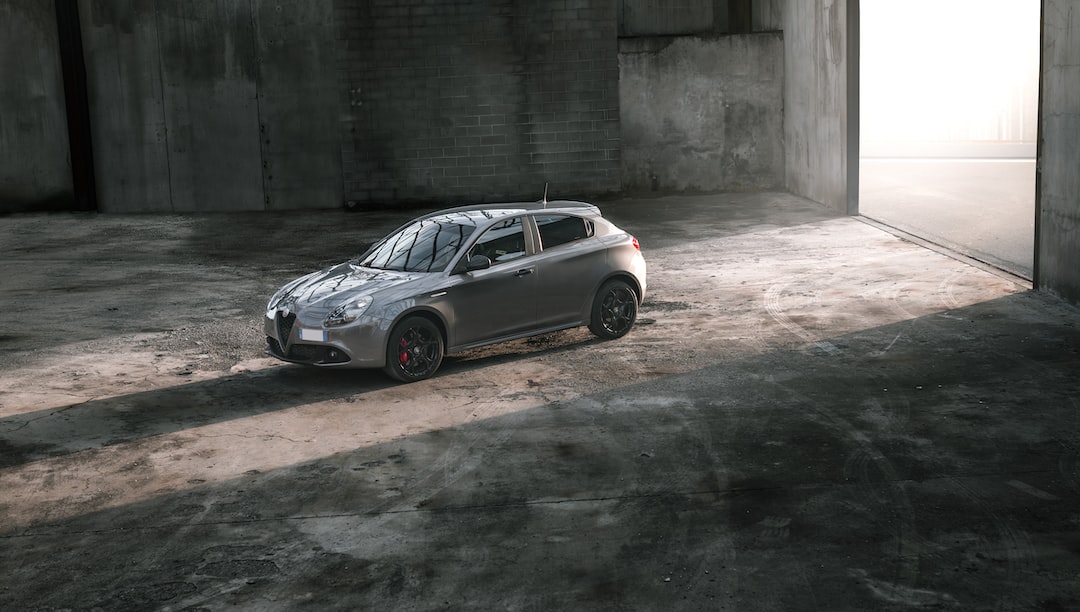When it comes to purchasing a car, one has to decide between buying a brand-new one or going for a used car. While buying a brand-new car brings its own excitement and sense of novelty, purchasing a used car can have its own set of advantages and disadvantages. Let’s take a closer look at the pros and cons of buying a used car.
One of the primary advantages of buying a used car is cost savings. Used cars are generally much more affordable than their brand-new counterparts. With a used car, you can get a vehicle that is a few years old at a significantly lower price compared to buying it new. This is especially attractive to those on a tight budget or looking to save money for other financial goals.
Another advantage of buying a used car is lower depreciation. Brand-new cars tend to lose a substantial portion of their value within the first few years after purchase. However, with a used car, the previous owner has already absorbed the brunt of the depreciation, allowing you to avoid the steep drop in value. This means that if you decide to sell the car after a few years, you may lose less money compared to selling a new car.
Furthermore, buying a used car can give you access to a wider range of models and options. By opting for a used car, you are not restricted to the current year’s models. You can explore older models and find those that have the features and specifications that you desire. This opens up a variety of options and allows you to choose a car that suits your preferences and needs, even if it’s not the latest model.
On the other hand, there are a few drawbacks to consider when purchasing a used car. One major concern is potential maintenance and repair issues. Since the car has already been driven, it may require more frequent repairs or replacement of components compared to a brand-new car. This can result in additional costs down the line, particularly if you’re not aware of the car’s history or have not thoroughly inspected it before making a purchase.
Additionally, financing a used car may involve higher interest rates. Car loans for used cars typically come with higher interest rates compared to loans for new cars. This is because the value of a used car may depreciate faster, making it a riskier investment for lenders. It’s important to factor in the interest rates when considering a used car purchase to ensure that it aligns with your budget.
Lastly, a used car may not have the same warranty coverage as a new car. Many new cars come with manufacturer warranties that offer peace of mind in case of any mechanical issues. However, used cars typically have limited or no warranty coverage, which means that repair costs will fall entirely on the buyer. This risk should be taken into account when making the decision to buy a used car.
Overall, the decision to buy a used car requires careful consideration of various factors, including budget limitations, preferences, and potential risks. While the cost savings and wider range of options make used cars appealing, it’s important to thoroughly inspect the car and consider potential maintenance costs before finalizing the purchase. By weighing the pros and cons, you can make an informed decision that aligns with your needs and financial goals.

